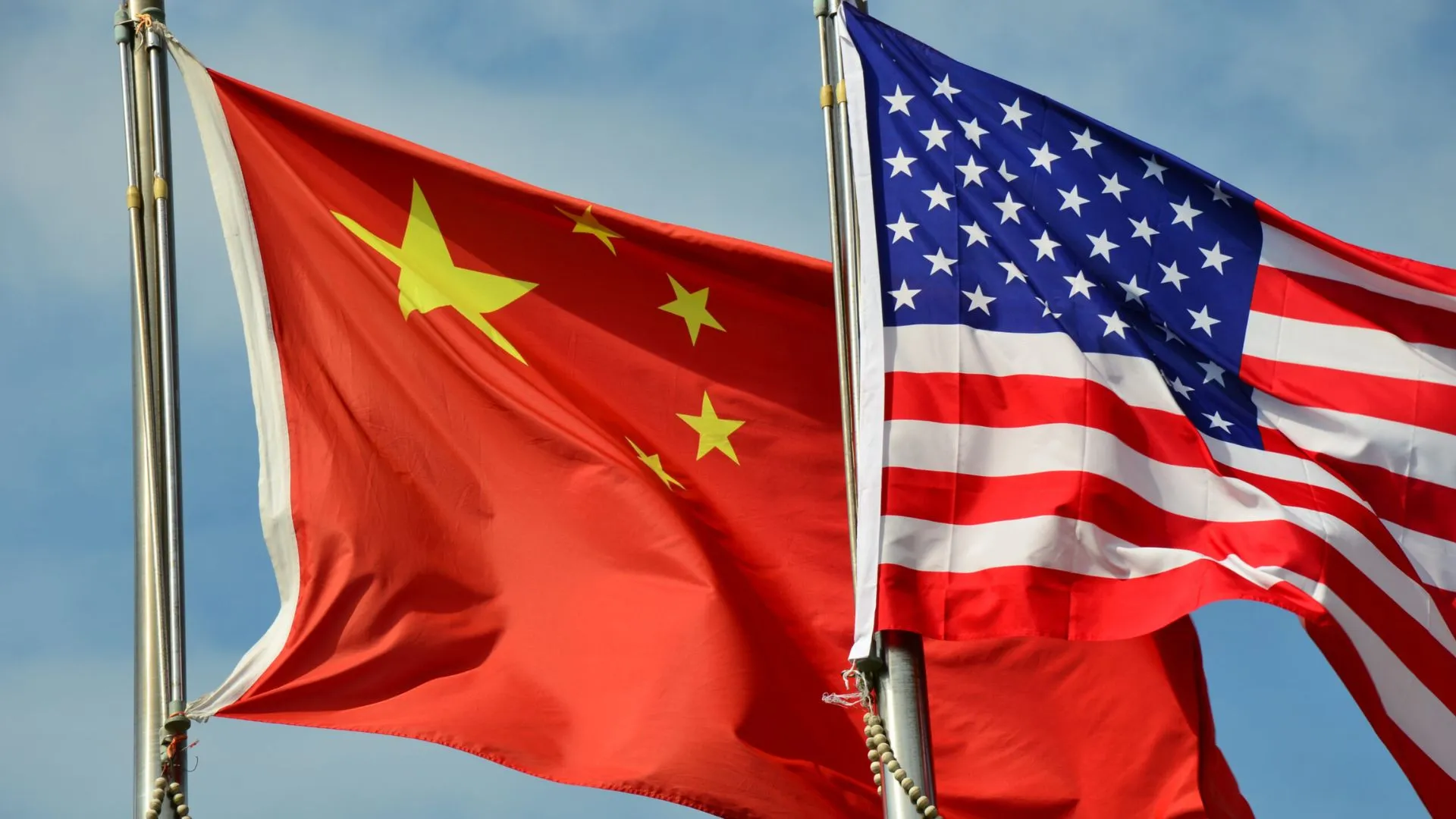A Native American group has requested the U.S. Supreme Court to block Rio Tinto and BHP from accessing land in Arizona necessary for one of the world’s largest copper mines. This move represents a final legal effort in an ongoing case balancing religious rights against the energy transition. The request was submitted on Wednesday.
Appeal Against Land Swap for Resolution Copper Project
Apache Stronghold, which includes Arizona’s San Carlos Apache tribe and environmental advocates, has asked the Supreme Court to overturn a March decision by the 9th U.S. Circuit Court of Appeals. The decision permitted the federal government to exchange land with the mining companies for the Resolution Copper project. The appeal was delivered to the Court following a ceremonial procession of prayer and dancing on the steps of the Supreme Court in Washington, D.C., marking the end of a months-long journey from their Arizona reservation.
READ MORE: Manila To Host Summit At UNGA To ‘Talk Some Sense’ Into China Over South China Sea
Legal and Religious Implications of the Case
The appeal, made by Apache Stronghold and their legal representatives from the Becket Fund for Religious Liberty, argues that the development of the mine would breach the First Amendment’s protection of religious freedom. If the Supreme Court agrees to hear the case, it could conduct oral arguments in its upcoming term and potentially issue a decision by next June.
Impact on Sacred Apache Site
The dispute involves the federally owned Oak Flat Campground, known as Chi’chil Biłdagoteel in the Apache language. This site is sacred to many Apache people, who worship their deities there. The land, which holds a significant deposit of over 40 billion pounds of copper, is crucial for electric vehicles and electronic devices. The construction of the mine would result in a massive crater—2 miles wide and 1,000 feet deep—that would destroy this sacred site.
Government and Corporate Stance
The original deal to transfer the land to Rio Tinto was approved by Congress and then-President Barack Obama in 2014. President Joe Biden halted the land swap in 2021. The U.S. Department of Justice, under Biden, argues that the government has the authority to transfer land regardless of religious implications. “That legal argument is astonishingly broad and harmful to Native Americans and people of all faiths,” said Luke Goodrich, a Becket attorney leading the appeal.
Rio Tinto and BHP’s Response
Rio Tinto has argued that the case does not present a substantial question for Supreme Court review, supporting the 9th Circuit’s ruling. A Rio Tinto spokesperson commented, “This case is about the government’s right to pursue national interests with its own land, an unremarkable and longstanding proposition that the Supreme Court and other courts have consistently reaffirmed.” BHP, which holds a 45% stake in the project, chose not to comment.
Additional Context
The timing of the appeal coincides with the anniversary of the September 11 attacks, though the attorneys state that this alignment is coincidental. The date also marks the four-year anniversary of Rio Tinto’s dismissal of its former CEO due to insufficient consultation with Indigenous groups in Australia.
This case underscores the complex intersection of environmental, religious, and legal issues as it moves forward in the highest court.
ALSO READ: UAE Highlights Its Labour Market Policies At BRICS Meeting






















